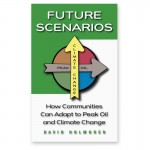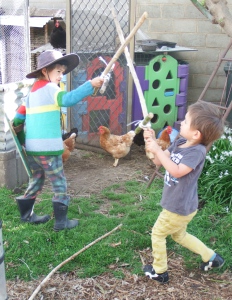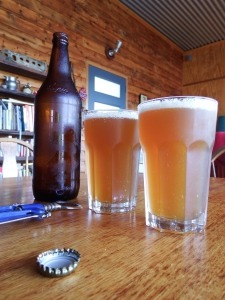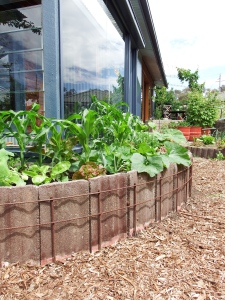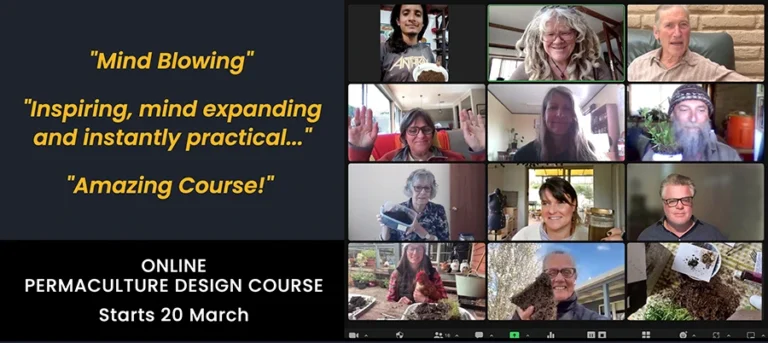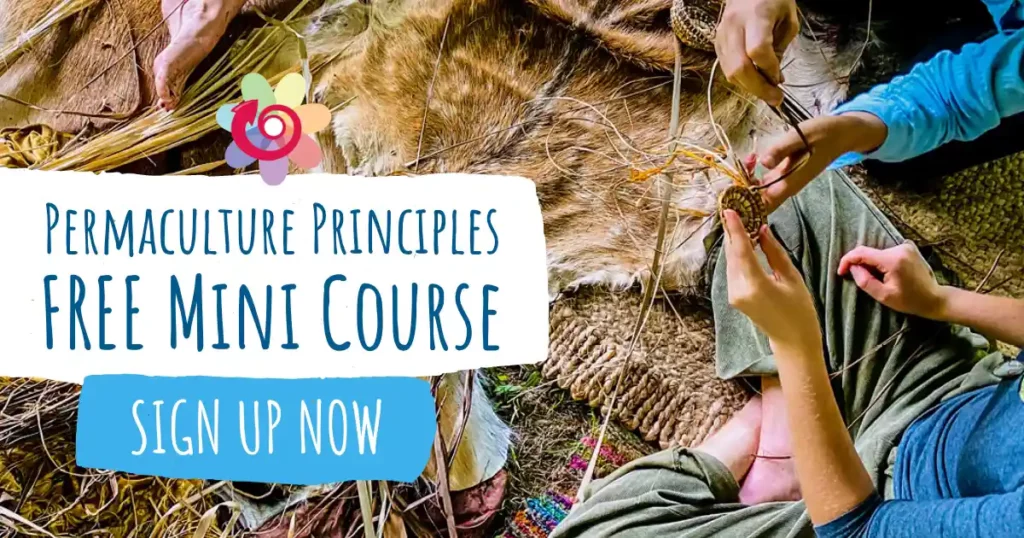 Principle 4: Apply self-regulation & accept feedback
Principle 4: Apply self-regulation & accept feedback
Do it Yourselfer #12
With democracy as the backbone of our society, we are led to believe that voting for a political party is one of the most powerful things that we can do.
It’s simple. Find a party that supports your values, and if you are eligible, vote for them. Even if the electorate is marginal one, or your party actually has a chance of winning, does your vote actually have much of an impact?
Regardless of who wins, the candidate is obliged to tow the party line, even if that goes against the wishes of the people who voted for them.
Of the two major political parties in most democracies, both are guided by demands of powerful corporate lobby groups. Corporations have a legal obligation to drive for greater profit for their shareholders, regardless on how that impacts the living world. They are considered a (non-living) person, but a person that’s immune to ethical influence.
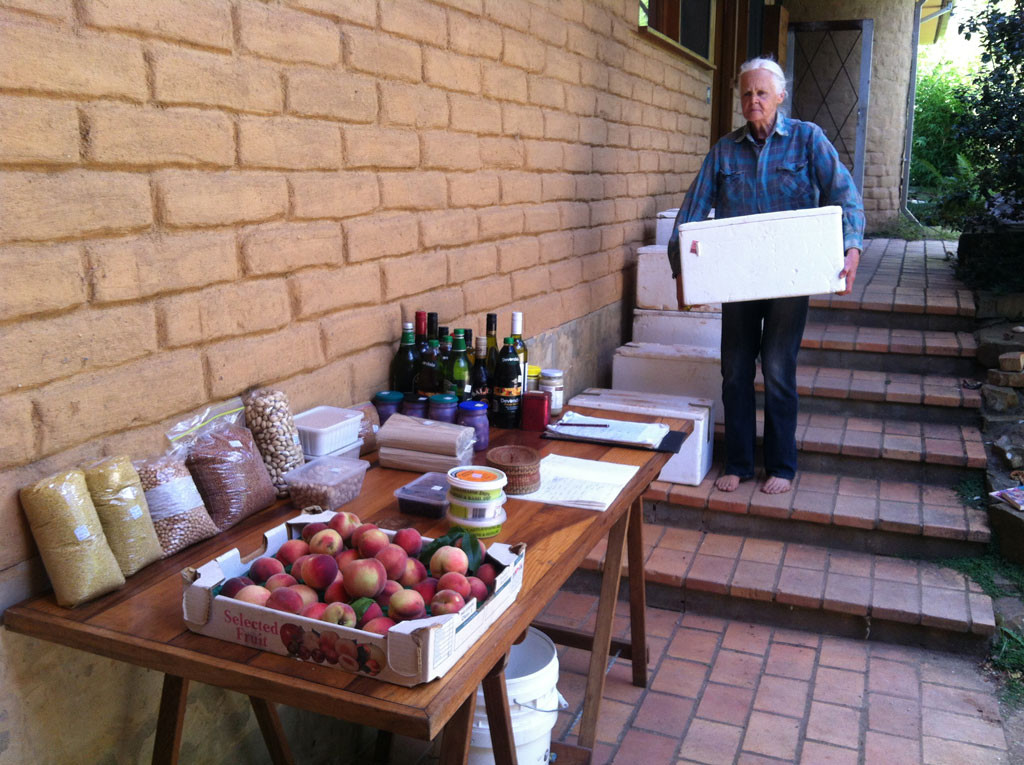
There is another way
Every time we make a purchase of a product or service we are supporting an activity. We are, in effect, ‘voting’ for that to continue. This is a vote with real power, and it’s something that all of us can do.
Corporations and large industrial systems often work on very small margins, and carry huge debts. When enough people change their spending patterns, this has a disproportionate impact on the industrial culture. Corporations need to adapt, but they are slow to change.
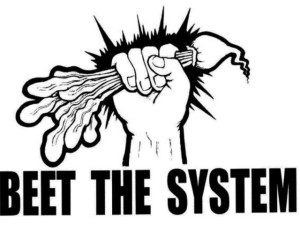
We can see how consumer demand has changed the caged egg industry over recent years, with the acceptance of ‘free-range’ within the general community. Though this is a positive step, confusion surrounds the term with bird numbers usually ranging from 1,500-40,000 birds per hectare. More ethically commercial sourced varieties can be found with 300 birds / ha with the associated benefits.
In his essay ‘Crash on Demand’, David Holmgren argues that if 10% of the population reduced their consumption by 50% it would be enough to severely undermine the power of global systems.
With that in mind, if we redirect our spending towards things that support what we want to see more of in the world, we are encouraging change at the highest levels. And the more of us that do that, the greater the impact we will have.
One of the ways that this is manifesting in our communities is with community bulk-buying groups. More often than not, these groups source food from local producers, which is organically grown or with minimal chemical intervention. Buying food in bulk also has the advantage of providing a connection point for people with shared values and provides added food security.
So, if you are in the habit of making a purchase from a corporation, ask yourself if there is a local source for that product, or could you substitute it for something that’s better? Know that when you spend your money locally on something that fits in with your values, the message that you are sending speaks volumes. Vote with your money, the ‘system’ is listening.
All the best – Richard Telford
A cultural debate
‘Crash on Demand’ is an essay that updates the book Future Scenarios. David Holmgren’s essay generated a heated debate among the sustainability communities around the world. This debate came to the stage at the Sustainable Living Festival in Melbourne in February with the topic To Collapse Or Not To Collapse. David was the first of six speakers which also included Jess Moore, George Marshall, Nicole Foss, George Monbiot (Video Link) and Philip Sutton. View David’s talk below or the full gig.

